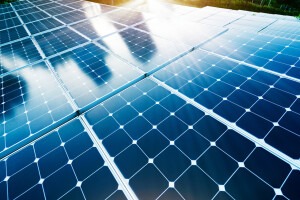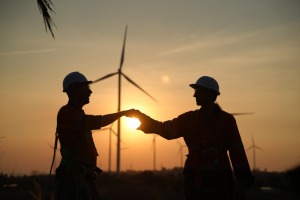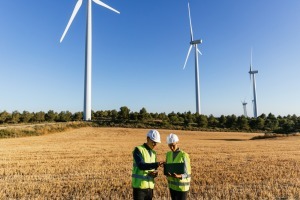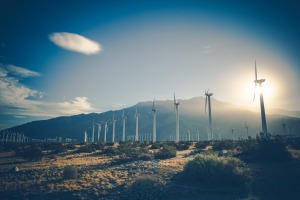Artificial intelligence and blockchain are changing the way we live. However, their great potential also comes with great challenges – particularly in terms of sustainability.
energy
Energy communities are a key to sustainable energy generation in times of climate crisis. They enable private individuals to become both producers and consumers of renewable energy. In doing so, they promote a decentralized, inclusive and environmentally friendly energy economy. But how do these communities work?
Our world faces a crucial question: How can we manage energy consumption in a way that preserves our planet while meeting the growing needs of our modern society?
The global race for energy is increasingly dominating the geopolitical agenda, while renewable technologies and critical minerals are replacing fossil fuels as the central source of conflict. Blockchain-based decentralized energy systems have the potential to reduce dependencies and increase resilience to geopolitical tensions.
The transition from fossil fuels to renewable energy is one of the greatest global challenges. It is unlikely that we will meet the goals of the Paris Agreement unless we accelerate our efforts. But a number of pioneers are undeterred.
Blockchain and other technologies are driving technological progress, but can generate immense energy costs. Innovative approaches such as energy-efficient devices and structures could significantly reduce the ecological footprint of these technologies.
Each shift in energy production has shaped civilizations, enabled technological breakthroughs, and created new challenges. Today, the world is on the threshold of a new era: clean, renewable energy sources and breakthrough technologies promise to end our dependence on fossil fuels. But how can we best meet this great challenge?












